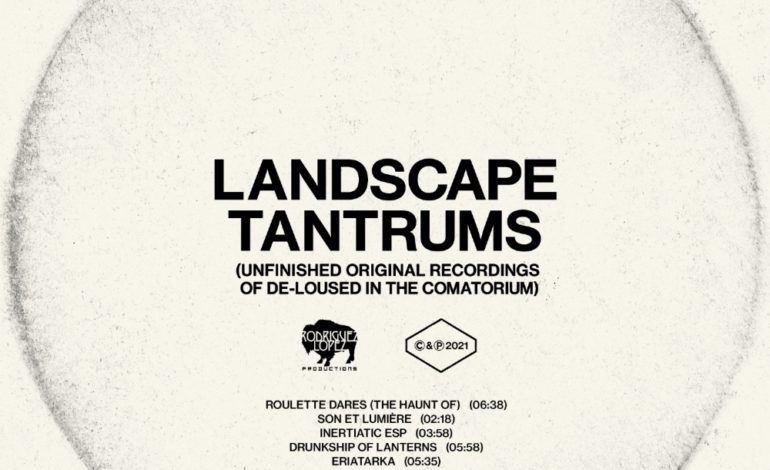

As manic as it ever was
In the early 2000s, post-hardcore found itself at a turning point. Up until this moment, the genre had originally been defined by groups like Fugazi, Hüsker Dü and Minutemen. Bands that took the aggressive elements of punk music but added more texture and variance to the music, breaking its structure and taking only the tone. But a new wave of post-hardcore was ready to sweep the nation, and the pivotal group was none other than The Mars Volta.
Even before The Mars Volta was formed, the band was a hot commodity. Many of the members had come from At the Drive-In, an essential group in the eyes of most PHC fans, and folks were eager to see what they had been cooking up. Even knowing how wild At the Drive-In had been musically, nothing could prepare people for De-Loused in the Comatorium. Instead of roaring anthems, the album was a manic journey through the addled mind of a semi-fictional poet, and the instrumentation perfectly reflected this insanity.
Today, people have had nearly 20 years to absorb and ponder over this cornerstone album. Its influence has remained undeniable, touching everyone from Fall of Troy to Dance Gavin Dance and beyond, even as its critical reception has ebbed and flowed. What Landscape Tantrums provides people is yet another chance to evaluate the influence, success and bravado that De-Loused gave people all those years ago.
What immediately strikes people as they drop the metaphorical needle on this record is its shockingly finished state. The songs are, in many ways, the tracks people have already come to know and love despite their less polished appearance. “This Apparatus Must Be Unearthed” contains all the same high-pitched guitar whines we’ve come to love, “Son et Lumiere” has all the furious guitars and unhinged drumming that made the original record such a standout. In some ways, it makes the new release feel somewhat unnecessary, but that’s part of the magic. The band had this in their pockets, and it’s clear that this too would have achieved classic status had it been released.
At the same time, there are moments where it’s clear that some work was still needed. Take, for instance, “Inertiatic Esp,” the most immediately recognizable track in The Mars Volta’s catalog. The finished version of the track boasts a monstrous chorus that just about any self-respecting music fan can holler along to without any prior warning. The version contained on Landscape Tantrums falls flat by comparison. High notes flit by without piercing your eardrum, and the instruments behind fade out as if to highlight some great thing that never appears. It’s not too big of a deal, but it is a rare reminder that these recordings were unreleased for a reason.
If you’re a big fan of The Mars Volta, At the Drive-In or any of the myriad associated projects that the band members have worked on, then this album is meant for you and you alone. It’s a fascinating peek into the construction process of one of music’s most ambitious projects. If you’re tertiarily aware of TMV, then Landscape Tantrums can be left on the shelf, a curiosity, a document, a blueprint, but not a finished product.
